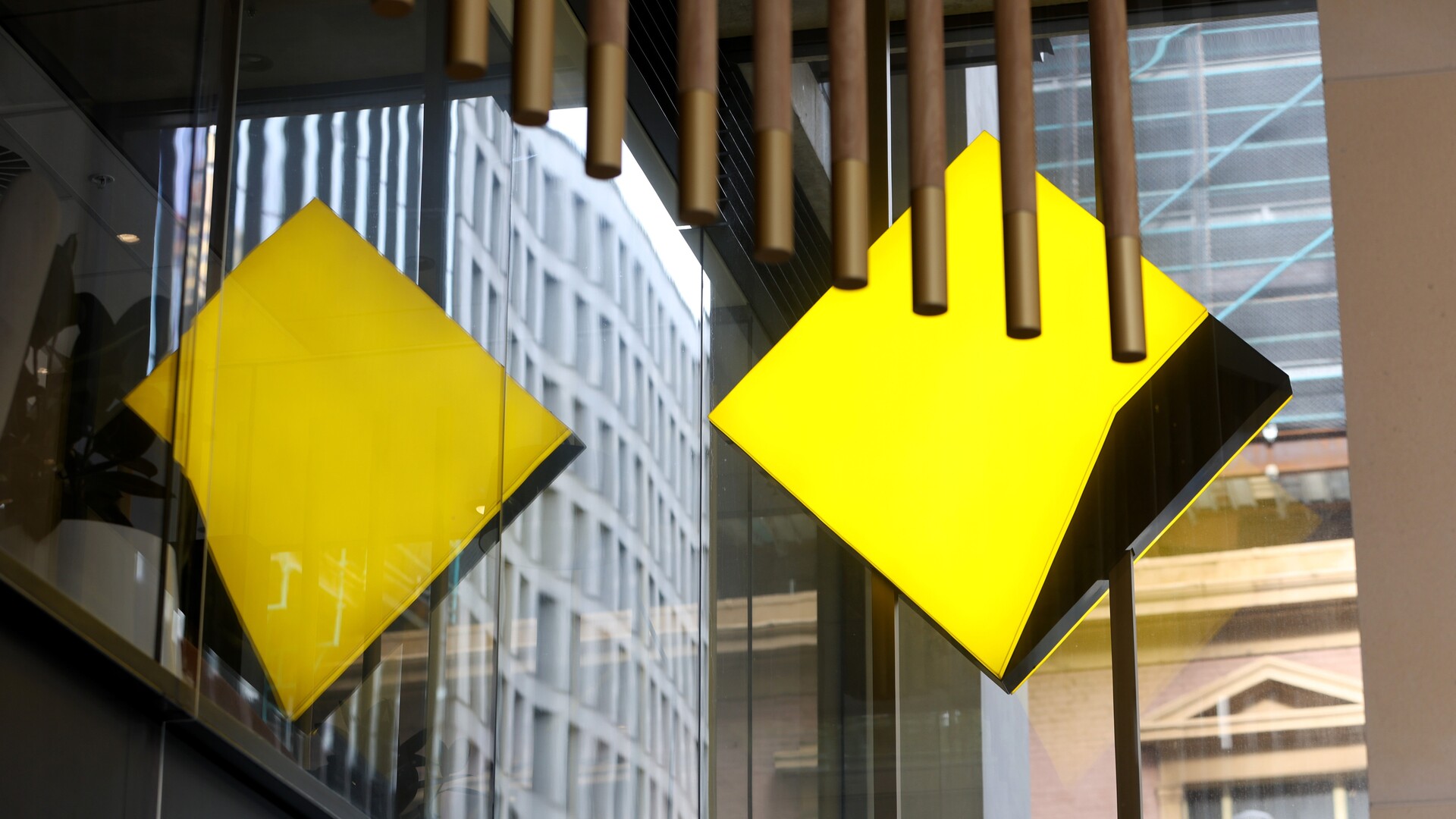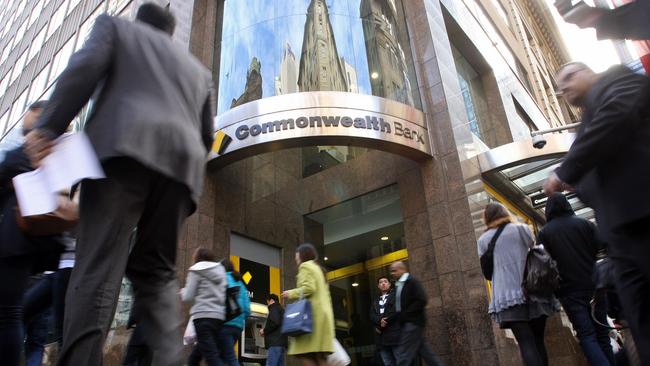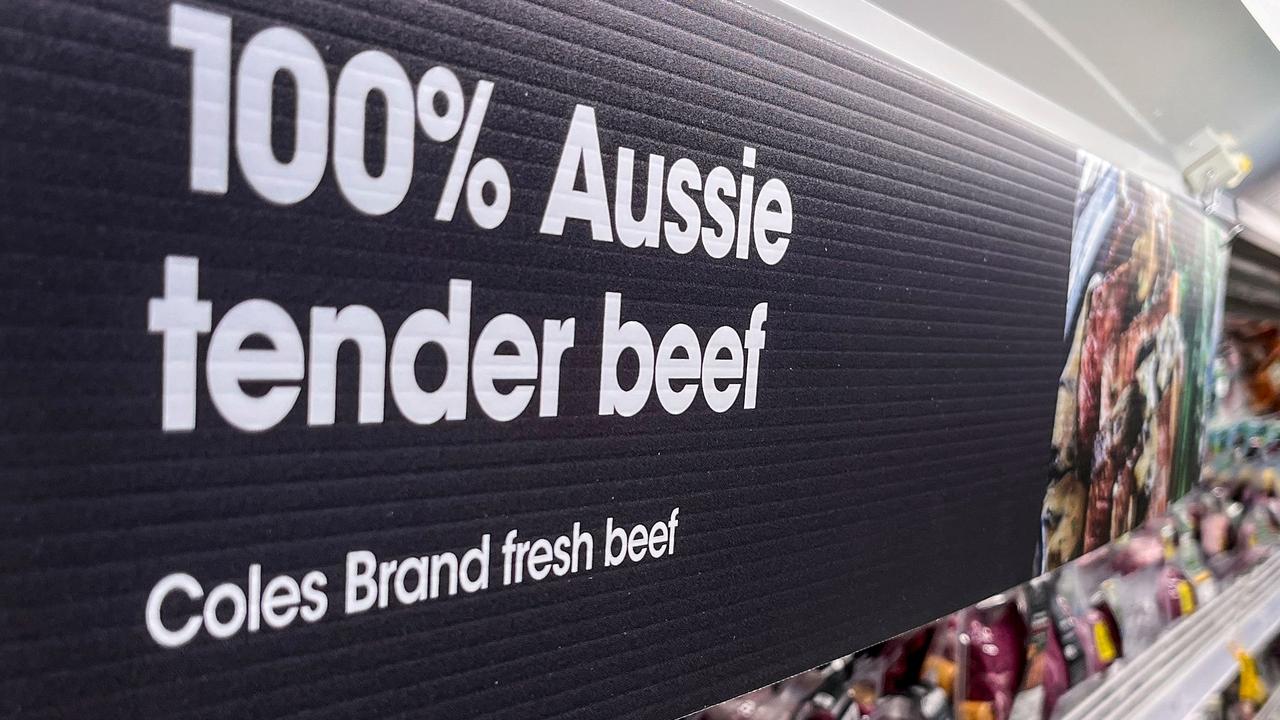
Certainly, stockbrokers have been calling the biggest of the big four banks a ‘‘sell’’ for months. But, the brokers have been wrong for months … perhaps not for much longer.
CBA fell by more than 8 per cent last week as bank stocks had their worst week in more than four years. Traders noted how CBA fell by more than the wider index — and in one session was sold off more sharply than its rivals ANZ, NAB and Westpac.
But, for more than 800,000 mum and dad shareholders the primary fear is that CBA would need to fall by around one-third to drop to a level most experts now indicate as fair value.
To be precise, CBA would need to plunge from today’s level near $154 to around $107 in order to reach the so-called ‘‘consensus price target’’.
What’s more, as the bellwether stock for the wider ASX, any decline in the fortunes of the bank will immediately feed into the overall tempo of Australian share trading. CBA has been the outright winner among our blue chip stocks as rival banks barely kept up and miners drifted towards the bottom of their cycle, with BHP and Rio cutting dividends.

What’s changed? CBA’s premium as the outstanding stock in the market expanded last year as investors continually bid up the price they would pay for a stable stock in unstable times. Its price/earnings ratio, at 27x, is more than 50 per cent higher than the stock’s historical average.
But, that remarkable rerating of CBA has left it sitting as a big fat target for any investor looking to sell into uncertainty. The bank gained 33 per cent over the past 12 months against just 8 per cent for ASX 200.
With such numbers on its back, CBA has to keep hitting it out of the park. The recent half year results, with a 2 per cent lift in cash profits and a 5 per cent lift in dividends, were solid but they do not justify the current share price.
Moreover, though the recent RBA rate cut should lift lending volumes, the bigger issue for the bank’s shareholders is that the subdued outlook for the domestic economy means stocks such as CBA, which are dependent on the local economy, will face limits.
Meanwhile, a who’s-who of major stockbrokers — embarrassed by how wrong they have been on CBA for many months — are now ranged against it, with a barrage of notes suggesting investors sell or reduce their exposure
Among the sharpest of the share price sceptics is global investment bank Citi, which has a super-low price target on the bank of $90.75. Investors would need to see a stomach-churning plunge of around 40 per cent to see that value come to pass.
More commonly, the big broking houses put their price targets somewhere between $102 and $125. Most reach a similar conclusion: CBA is stuck with a stretched valuation and a weak earnings outlook.
More than anything else, CBA looks likely to become a victim of its own success. It touched a record high of $167 only a few weeks ago, but that price level is now is starting to look like a distant peak.
In a very volatile market, long-term shareholders will hold tight, but will also ask themselves if they would buy the stock at today’s prices.
Could CBA fall by one-third? Of course it could.






For Australian sharemarket investors, it’s the elephant in the room: The market’s favourite stock, Commonwealth Bank, is ridiculously expensive.